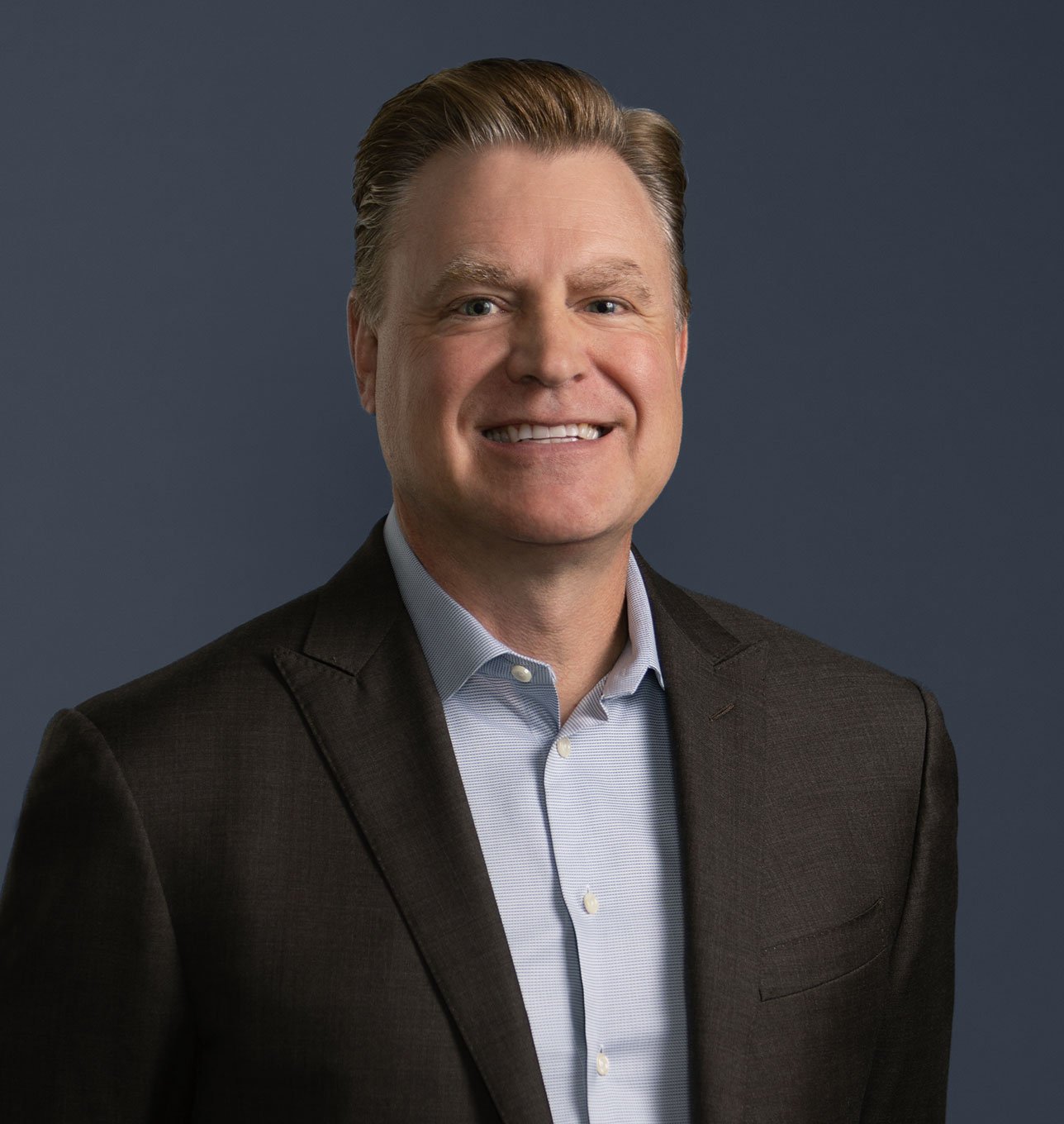Mayer Brown's Revenue Grows to $1.98B, PEP Rises 14%
Mayer Brown, with a head count dip but also increased demand and rates, grew revenue 3.9% to more than $1.98 billion, and profits per partner 14.3%, to nearly $2.8 million last year.
The firm, which spun out of operations in Hong Kong and Mexico City last year, had a 9.9% dip in equity partners and a 6.6% drop in head count overall. With the head count decline, the firm’s revenue per lawyer rose 11.3% to $1.1 million.
Firm chair Jon Van Gorp said in an interview that he doesn’t give specific figures for billing rate growth, “but I can tell you it was very standard for the industry,” and that the firm benchmarks itself against other “elite, international firms with footprints similar to ours.” He added that the firm was strong in insurance transactions, energy, data privacy and cybersecurity, capital markets, lending and fund finance, among others, in 2024.
When asked about the main avenue for the firm’s revenue growth, Van Gorp said it was “all of the above.”
“As it always is in Big Law, it’s a variety of things working together directionally to create a positive return,” he said in an interview last month. “It’s not just one thing, it’s a mix of things.”
Looking at firm demand, Mayer Brown increased the number of hours it billed, from about 2.8 million to 2.9 million.
Among some of its standout matters last year, the firm represented Nippon Life in a $10.6 billion insurance acquisition of Resolution Life, advised Morgan Stanley in a $5.35 billion refinancing of Florida’s high-speed rail system, and counseled Chevron on a $3 billion oil pipeline project in Argentina. It also represented the Big Ten Conference in litigation involving name, image and likeness rights for college athletes, and represented BMO in successfully reversing a $564 million verdict on appeal.
The firm did see some profitability gains by splitting with its legacy Hong Kong partner Johnson Stokes & Master. The firm retains more than 20 lawyers under the Mayer Brown umbrella in Hong Kong, focused on practices and industries like capital markets, M&A and finance, but Van Gorp said a decent number of the lawyers that went to JSM were equity partners.
The firm also closed its Mexico City office, with the team there spinning out and forming their own law firm, though Van Gorp said Mayer Brown continues to use them for work in that region.
Van Gorp noted that while there are “always” laterals and other forms of attrition, he largely attributed the firm's head count decline in 2024 to these global moves. However, the firm also expects to see some gains from the Hong Kong move in 2025.
“We will hopefully see even more of an impact next year, because this transaction closed late last year. And this year we will have a full year without that local business in Hong Kong in our international numbers,” he said.
The firm last year made several key hires, including the addition of nine partners in Paris from boutique firm Ayache, with a focus on M&A, PE, financing, tax and employment. It also brought on a team of class-action and data privacy litigators, Tony Weibell and Sophia Mancall-Bitel, from Wilson Sonsini Goodrich & Rosati. The firm added several former government lawyers, including Arun Rao, former deputy assistant attorney general in the Civil Division of the Department of Justice, in white collar defense and global investigations; former Securities and Exchange Commission Division of Corporate Finance leader Jennifer Zepralka in capital markets, and former chief counsel to the SEC chair Kimberly Hamm, in litigation and public policy.
Just in the last week, Mayer Brown said it hired Ken Wainstein, a longtime federal law enforcement and national security official, to lead its global investigations and white-collar defense practice.
The firm increased average compensation for all partners by 11%, to about $1.5 million, and nonequity compensation overall rose about 10%, to $324.7 million.
Van Gorp said the firm also increased its spread last year. He declined to comment on the exact numbers, but he said the change went into effect this year. “The compensation for equity partners was expanded with more room at the top to pay our top performers. That was implemented this year,” he said. “Like many firms, we’ve expanded the range of our equity compensation bands, in order to be able to be competitive in the market for talent and talent retention.”
He said the firm is optimistic about continuing to grow and executing its strategic plan in 2025, though it's keeping its eyes on a potentially choppy economy. He also said that while nothing is imminent or under discussion, the firm will look to grow in multiple ways, as long as it’s consistent with its core strengths and game plan.
“We’re open to looking at almost anything as opportunities: individual laterals, teams, boutiques rolling into an office, or something even larger scale,” Van Gorp said. “We believe we’ve got the right mix of things and the right culture that’s underpinning it all. So we view our place as a very attractive place to land.”
Reprinted with permission from the April 3rd edition of The American Lawyer © 2025 ALM Properties, Inc. All rights reserved. Further duplication without permission is prohibited.


